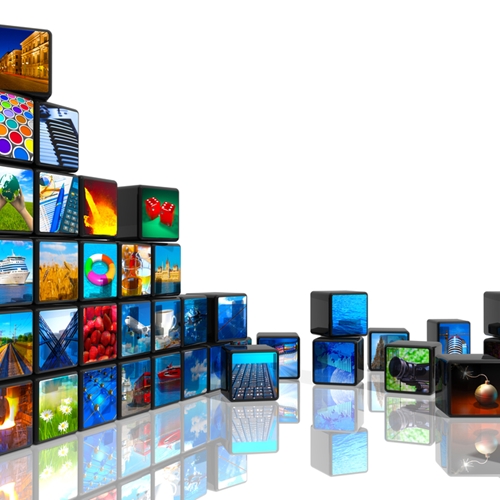We live in a time when it's popular to say that established forms of media are transforming and look nothing like what we've seen before. That's probably as it should be, but does that really mean that television is on the way out, or that the professional video equipment we use today will be obsolete tomorrow?
Whatever the means in which we grow accustomed to accessing media in the future, what's important is that we pay attention to the way that we produce this material.
An editorial on Wired suggests that the consumer trend toward individual experiences might prompt a new focus on individual experiences that move at different paces while still leaving space for "event-based viewing" that can be seen in different settings.
However, for a counterpoint, we can turn to TV Technology, where editor-in-chief Tom Butts assesses that the future of the medium is going strong. With the viewership still out there, the kinds of professional camcorders and accessories different companies use can still come under scrutiny, as well they should.
"More people worldwide now pay for their TV than get it over-the-air. At the end of last year, there were a total of 728 million pay-TV subscriptions," Butts said. "For the foreseeable future, television will continue to dominate how the world's population gets its information and entertainment, whether it be by over-the-air, cable, satellite or IP."
That's good news for production companies, of course, but only if they have the harnesses, batteries, cameras and other devices necessary to ensure high levels of long-term performance.
